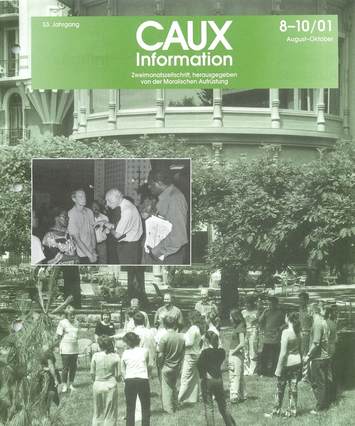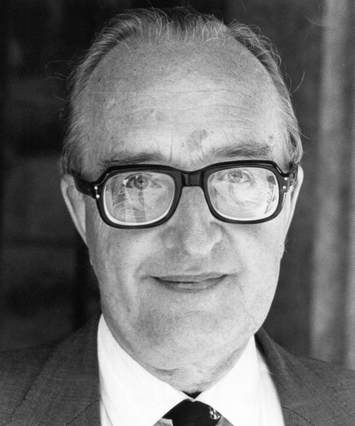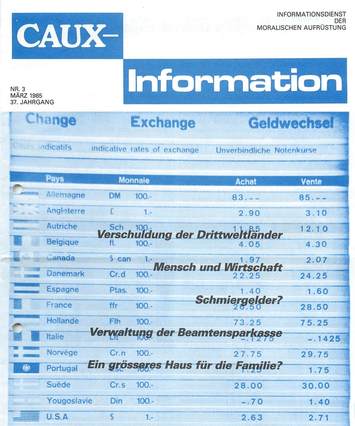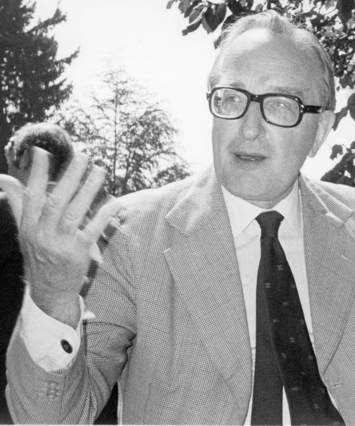The son of a cabinet maker and a light opera singer, Peters followed a distinguished career in the Foreign Office with an active retirement devoted to public service. His war service, with the 9th Gurkha Rifles, left him with a lifelong interest in the Gurkhas and Tibet, to whose cause he was passionately committed. After World War II, he studied at Oxford, before embarking on a diplomatic career which culminated with postings as British Ambassador to Uruguay (1977 to 1980) and High Commissioner in Malawi (1980-1983).
In 1993, Peters was one of the initiators of a seminar on international economic issues at the Initiatives of Change centre in Cheshire, Tirley Garth. He invited Martin Dent, a lecturer at Keele University, who had been campaigning on the issue of Third World debt since 1990. ‘At the seminar there emerged such close congruence between the two papers we offered that we soon saw the need of our further close collaboration,’ Peters recalled in the IofC magazine, For A Change.
The two men launched the Jubilee 2000 campaign to write off Third World debt in time for the Millennium. It grew into an influential and international popular movement, which broke records for the largest and most international petitions, rallied huge demonstrations and placed debt remission on the global political agenda. Millions of lives were affected by the increased spending on health and education made possible by the cancellations of debt, which resulted from Jubilee 2000 and its successors, Make Poverty History and the Jubilee Debt Campaign.
Peters received the Gandhi Foundation’s International Peace Award in 2000 in recognition of his efforts and the success of the Jubilee 2000 campaign.
Born in Morpeth, Northumberland on 28 September 1923; MBE 1959, LVO 1961, CMG 1981; died in Deal, Kent 29 March 2014.






